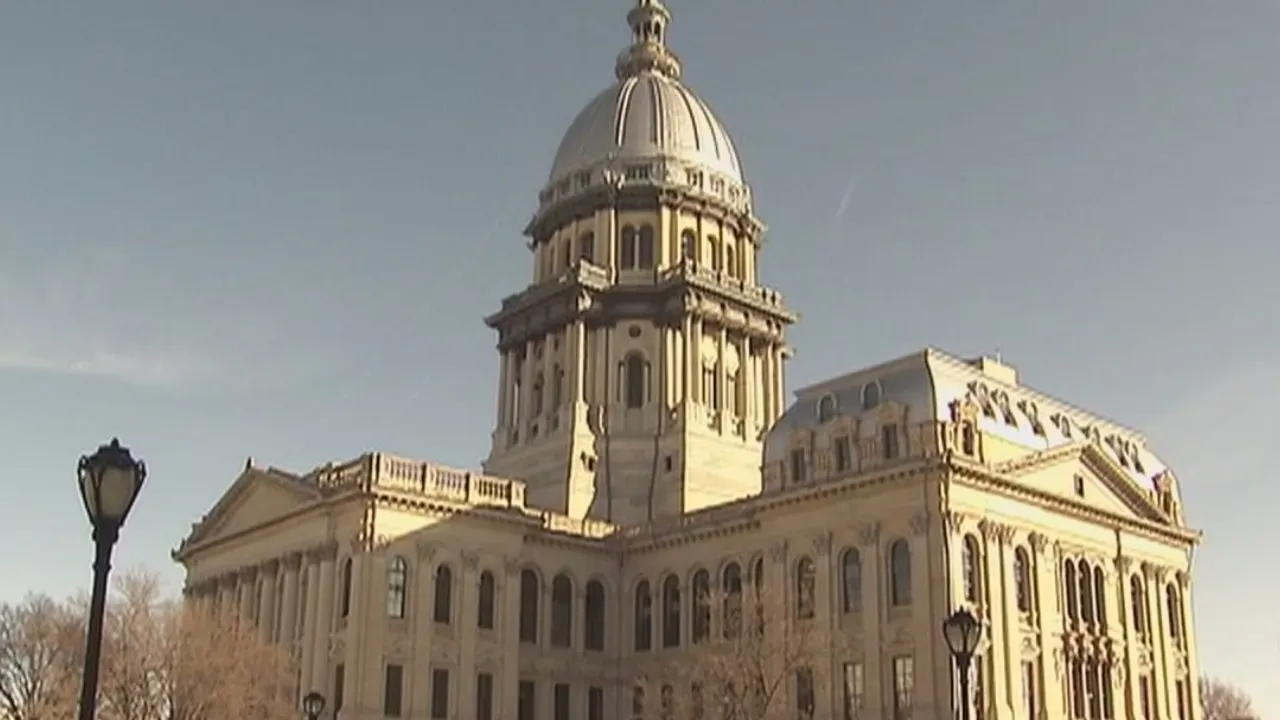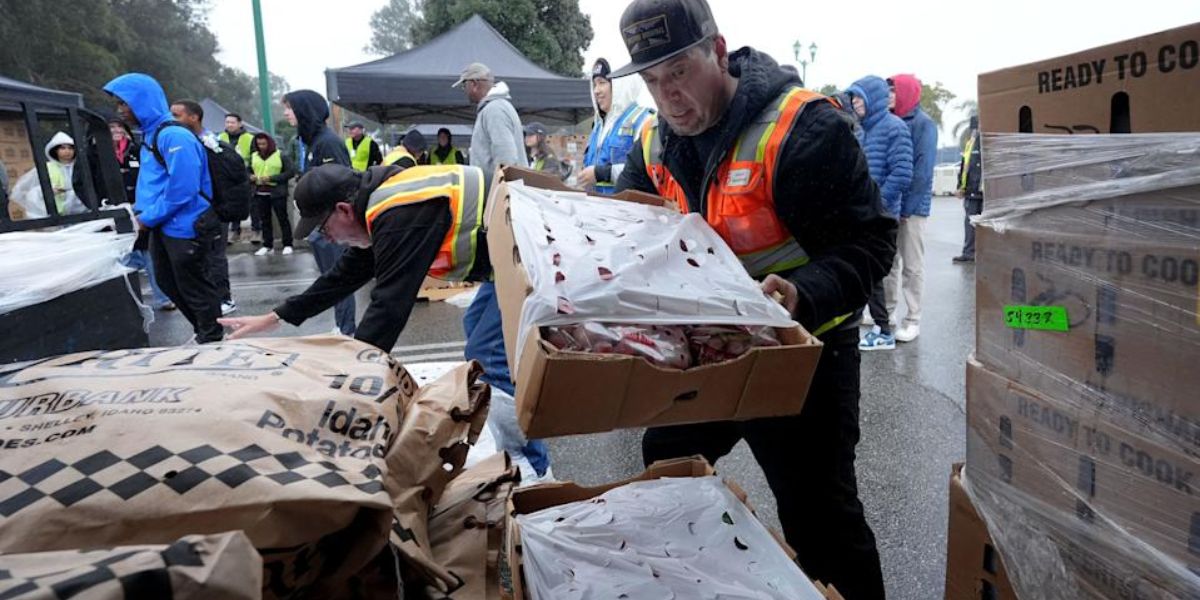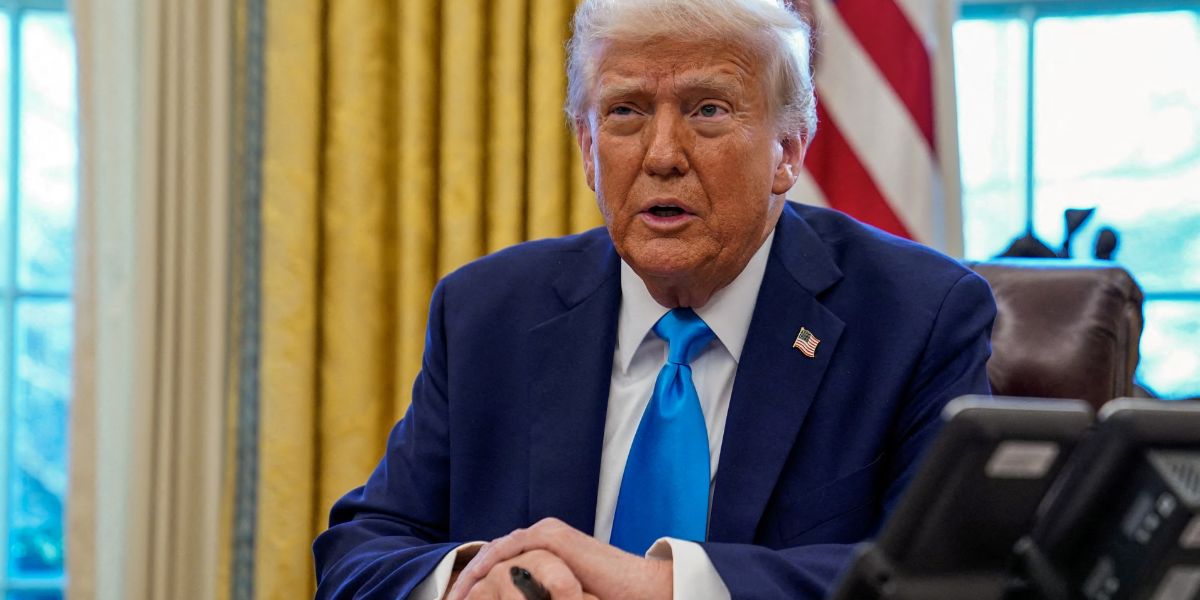As of July 1, 2024, Illinois is set to implement several new laws that impact residents across various aspects of daily life, as reported by ABC7 Chicago, WGN TV, and NBC Chicago. These legislative changes encompass areas such as taxation, transportation, and labor regulations.
According to ABC7 Chicago, one significant change is an increase in the sports wagering tax. The new law aims to generate additional state revenue, with estimates suggesting it could bring in up to $200 million annually. This measure reflects Illinois’ strategy to bolster its financial resources through regulated gambling activities.
WGN TV highlights another notable law concerning driver’s licenses for noncitizens. Starting July 1, 2024, Illinois will expand access to driver’s licenses for undocumented immigrants, following similar measures in other states. This move is intended to enhance road safety and integration within the community.
Furthermore, NBC Chicago reports on changes to the state’s gas tax and minimum wage. Illinois’ gas tax is set to increase as part of ongoing infrastructure funding efforts, aimed at improving roads and public transit. Additionally, the minimum wage will see incremental raises to keep pace with the cost of living, reflecting ongoing advocacy for fair wages.
Governor J.B. Pritzker, according to NBC Chicago, emphasized the importance of these legislative changes in fostering economic growth and ensuring equity across Illinois. He noted that these measures are designed to benefit both residents and the state’s overall infrastructure and economy.
Also Read:
- Illinois Residents Face New Tax Hikes Starting July 1st
- Illinois’ Grocery Tax Removal: A Debate Between Right and Wrong
In conclusion, the implementation of these new laws in July 2024 marks a significant step in Illinois’ legislative agenda, impacting taxation, transportation policies, and labor regulations. As reported by ABC7 Chicago, WGN TV, and NBC Chicago, these changes reflect ongoing efforts to address key issues and enhance the quality of life for Illinois residents.






